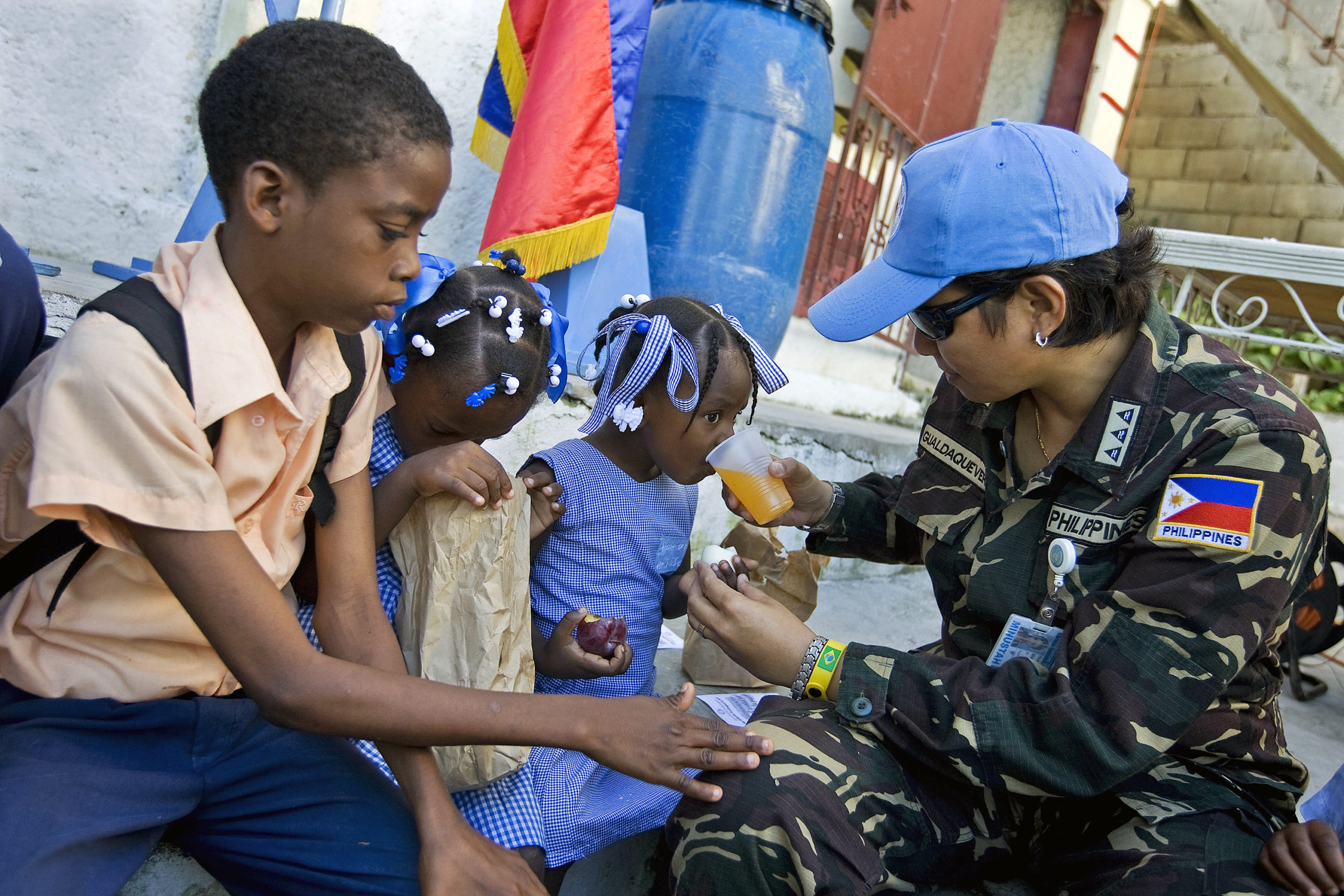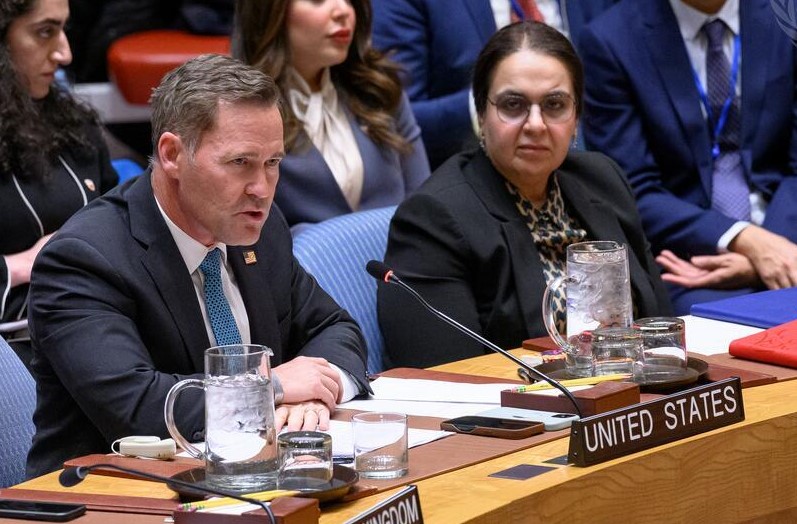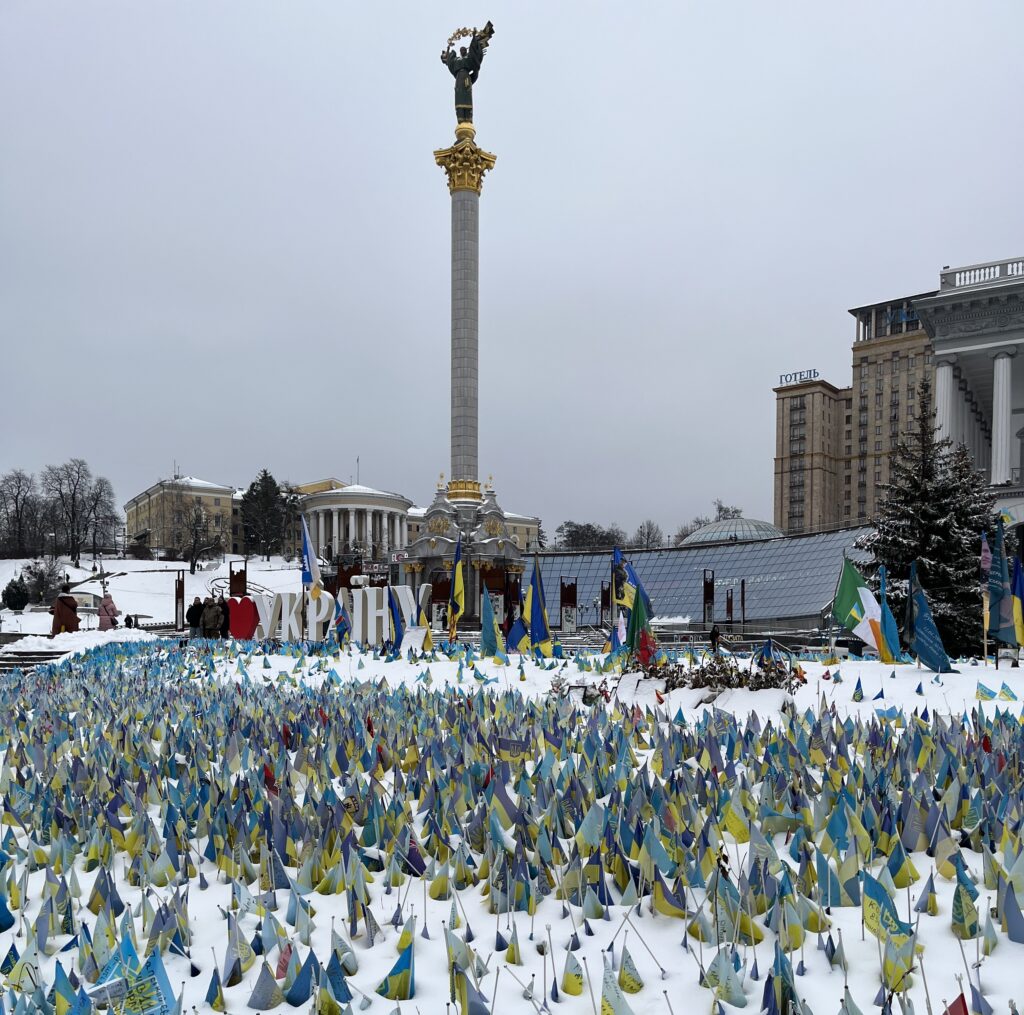By Chandrima Das
This week the world will be watching Capitol Hill, when Ambassador Linda Thomas-Greenfield testifies before the Senate Foreign Relations Committee on her nomination to become the next U.S. Ambassador to the United Nations. The Biden Administration has pledged to restore U.S. leadership at the UN and the world, already taking important steps to rejoin the World Health Organization and Paris Agreement.
During the hearing, I along with Turtle Bay, will be paying close attention to what Ambassador Thomas-Greenfield says about UN peacekeeping. With the U.S. in significant arrears to UN peacekeeping, and China and Russia using that fact to increase their influence, the U.S. has the opportunity to right the balance and reestablish its traditional leadership role.
Here are the top three commitments I want to hear:
- Upholding human rights and protection of civilians components in peacekeeping operations: In part due to the UN’s fiscal crisis, and China and Russia holding more weight, protection of civilians (POC) and human rights positions within each mission have been cut or limited. Since 90 percent of peacekeeping missions have a POC mandate, these positions provide expertise to best protect vulnerable communities when there is an escalation of violence. Currently, peacekeepers are protecting civilians in the capital of Bangui in Central African Republic by repelling attacks by armed groups that are violently trying to overthrow the results of the recent democratic elections. China and Russia have also challenged protection of civilians and human rights language in mandates claiming they detract from the political solution or are unachievable. It is critical that the U.S. advocate to adequately fund the appropriate number of protection of civilians and human rights positions and ensure that POC and human rights language remain in peace operations mandates.
- Advocating for women in UN peacekeeping: Studies have long shown that more women in peacekeeping means more effective peacekeeping. While there have been incremental gains in recent years, the overall share of uniformed women increased from 4.2 percent in 2015 to 6.4 percent in 2020, the U.S. can and should do more to help. Through bilateral programs, the U.S. has trained more than 125,000 peacekeepers. The U.S. should commit to doubling the number of women peacekeepers it trains in ten years. The U.S should also double the number of women peacekeepers it currently deploys to signal to the UN, and the rest of the world, that it is committed to supporting more women in peacekeeping.
- Paying our peacekeeping arrears: To restore U.S. credibility and legitimacy at the UN with partners and allies as well as counter China’s influence over UN Peacekeeping, it is critical that the U.S. pay its UN Peacekeeping dues. When the U.S. does not pay its dues, allies who put thousands of their soldiers in harm’s way, such as India, Bangladesh, and Rwanda, do not get paid. In addition, China is currently the only permanent member of the UN Security Council that is in the top ten troop contributing countries to UN Peacekeeping and is also the second largest financial contributor UN Peacekeeping paying 15 percent of its budget. China also has a 8,000 strong standby force and it provides numerous enablers including engineering and medical units to UN Peacekeeping. Through this support, China has exponentially grown its influence in UN Peacekeeping. To get us back into good standing, redeem our legitimacy with our allies, and to counter China’s efforts, the Biden Administration will need to work with Congress on a plan to pay the nearly $1 billion in peacekeeping arrears that have accrued over the last four years.
These commitments by Ambassador Thomas-Greenfield will help restore the U.S. credibility at the United Nations and signal to our allies and partners that the U.S. is not only back, but is just as committed to the values of the United Nations today as it was at its founding.




